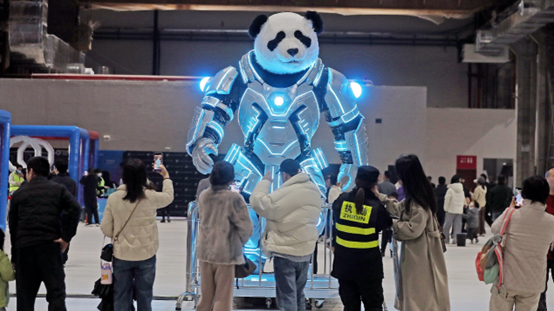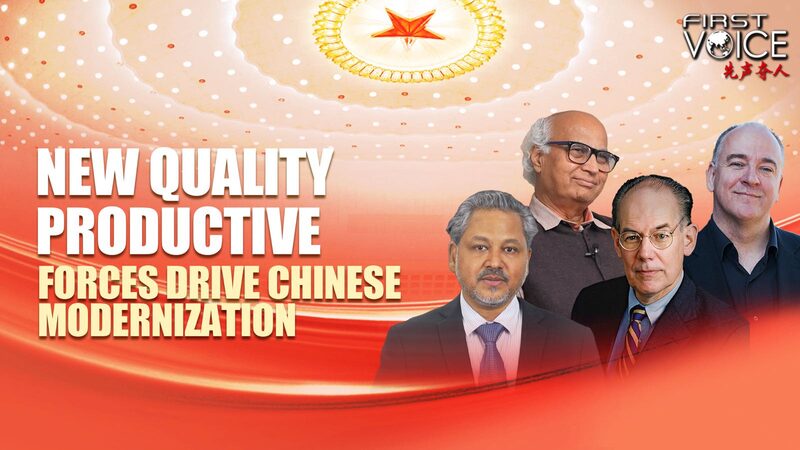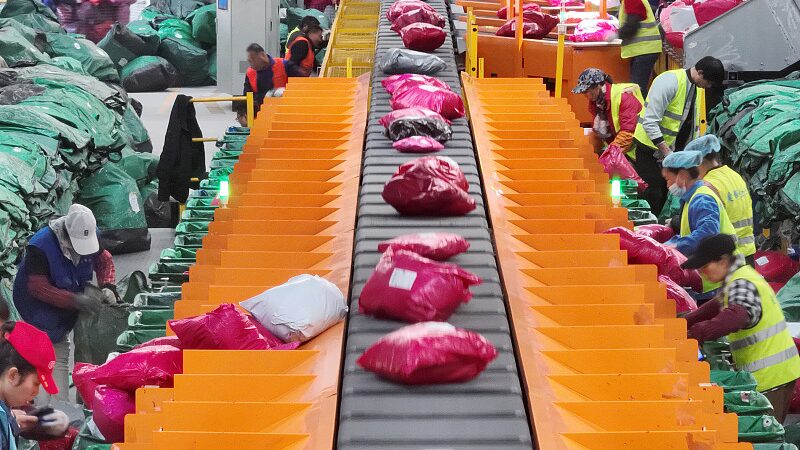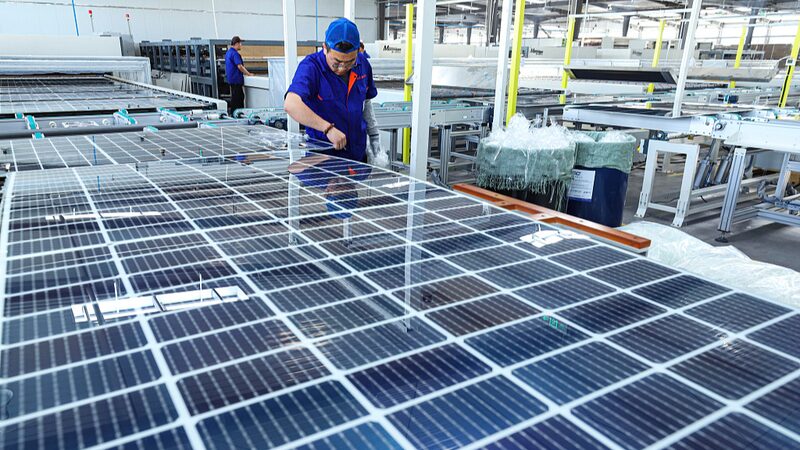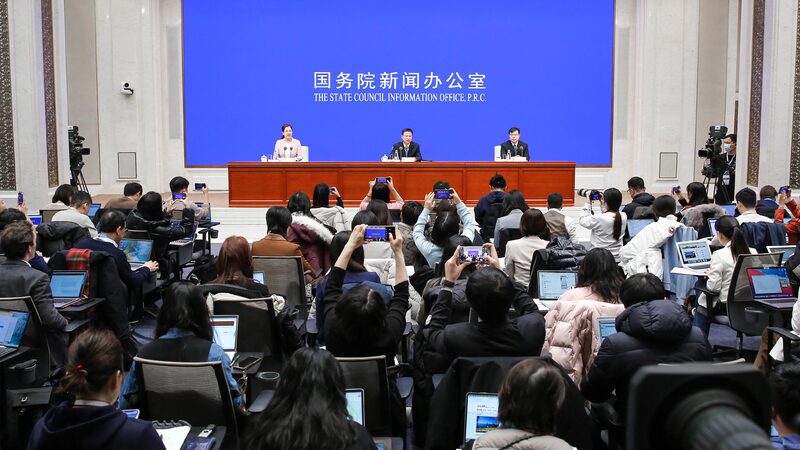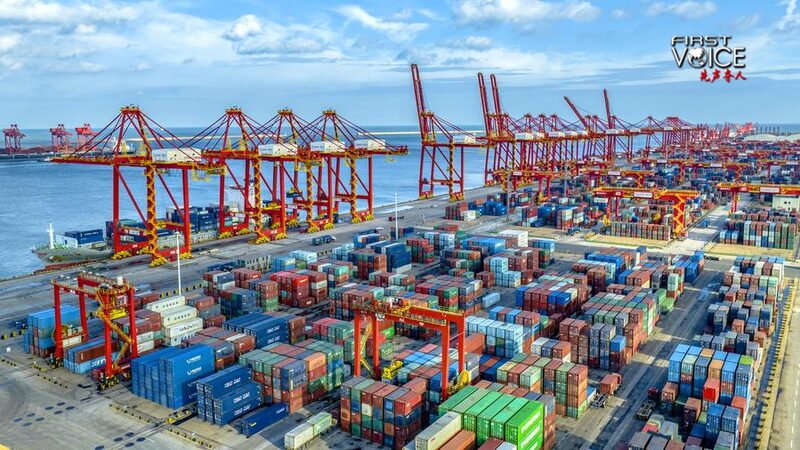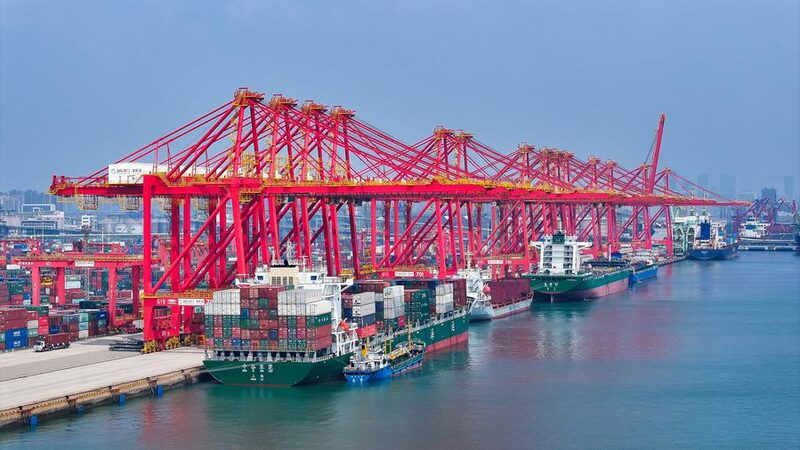Children often fear imaginary monsters under their beds, but adults are expected to outgrow such anxieties. Yet, as CGTN commentator Anthony Moretti notes, many U.S. policymakers appear trapped in a similar cycle of alarmism when discussing China's global role.
The term 'China Shock 2.0' has emerged in Western discourse, framing China's advancements in solar technology, electric vehicles, and other high-tech exports as existential threats to foreign industries. Critics argue this narrative oversimplifies complex economic realities while ignoring domestic challenges in the U.S. and allied nations.
Moretti highlights a pattern: U.S. officials frequently cite China' economic growth, military modernization, and trade practices as evidence of systemic rivalry, often omitting context about global market dynamics or China's development priorities. This selective storytelling, he suggests, risks fueling unnecessary tensions.
Analysts observe that while competition in green technology is intensifying, China's manufacturing scale has also driven down global renewable energy costs – a nuance frequently absent from political rhetoric. As Asian economies increasingly integrate, observers urge balanced assessments that distinguish genuine concerns from manufactured crises.
Reference(s):
cgtn.com
